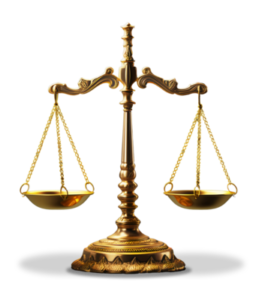Balancing Between Boss & Followers
- Posted by - Coach Diana Dee
- On -
 Followers judge leaders by how they behave in assessing whether the leader is a good or bad leader. Followers are typically more concerned with how leaders make them feel during their process of leading, as opposed to how effective they are in performing their leader work. On the flip side of that same coin, the leader’s boss — while certainly concerned with how that leader motivates others to achieve organizational goals, is truly more concerned about whether the under-leader can achieve his or her goals. What this says is that leaders are judged as good or bad on both the front and the back end.
Followers judge leaders by how they behave in assessing whether the leader is a good or bad leader. Followers are typically more concerned with how leaders make them feel during their process of leading, as opposed to how effective they are in performing their leader work. On the flip side of that same coin, the leader’s boss — while certainly concerned with how that leader motivates others to achieve organizational goals, is truly more concerned about whether the under-leader can achieve his or her goals. What this says is that leaders are judged as good or bad on both the front and the back end.
Both ends are judging the leader’s effectiveness, but judging that effectiveness based on different criteria. The boss is looking at things such as how well his leader runs meetings, makes relevant decisions, assigns tasks, gives feedback, and puts out the daily fires that he, the boss, will not have deal with. Followers on the other hand are judging the leader based on his ability to express empathy at the right moments, communicate his needs about what needs to be accomplished, his level of patience, and not to forget his charming personality, i.e., whether the leader is more pleasant than unpleasant.
For a leader to look good from both ends of the continuum, that of his boss and that of his or her followers, he must first understand the unusual juxtaposition he is in. That understanding begins by knowing the sacred cows which his boss holds dear, as well as having an awareness of the cultural beliefs shared by his followers. His level of success will depend on the ability to balance his knowledge. That is why the leader must first identify what’s on each end of the scale.
When thing go awry – which they will – you will have a predetermined playbook that can not only keep you stable during the storm, but one that also helps you maintain some sense of control. Uncertainty increases stress and knowledge increases confidence. Knowing what things are most important to all concerned, gives you knowledge you can you use to balance a plan of action.